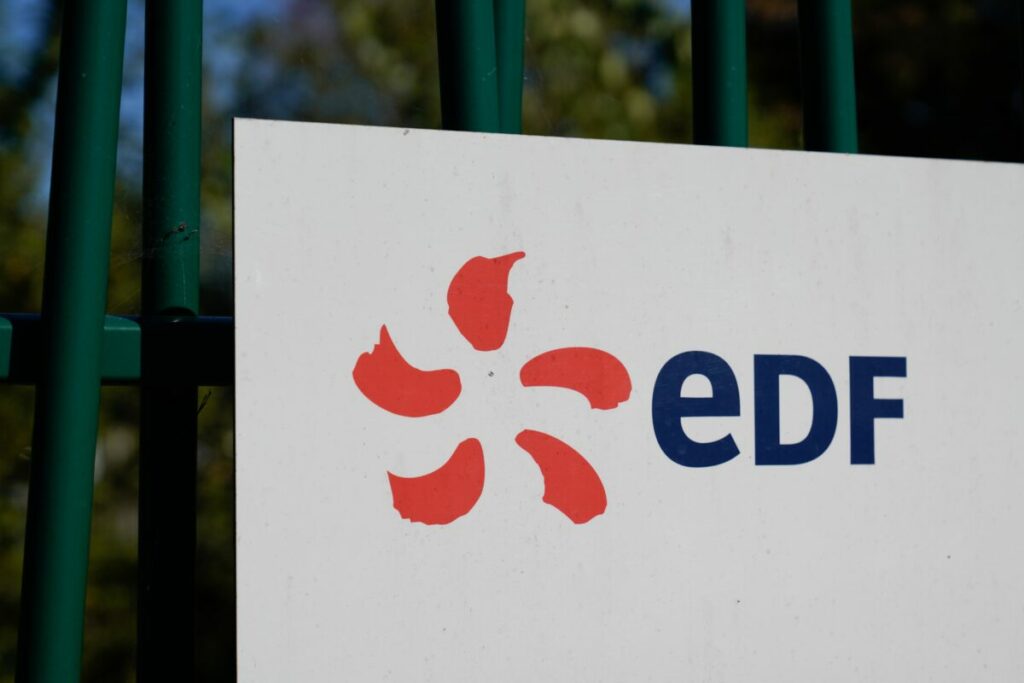Sainsbury’s chief executive Simon Roberts has defended his move to sell Nectar card data revealing customer’s shopping habits to advertisers.
He came under fire after it was revealed that both Sainsbury’s and Tesco are making as much as £300m a year from selling customer’s shopping habits to both FMCG brands and TV channels looking to target adverts to specific groups.
The information had been collected through loyalty card schemes.
Roberts told The Guardian that the supermarket giant and its retail media platform protects its customer’s personal data “incredibly carefully”.
He also argued that the supermarket’s decision had made adverts more “relevant” for shoppers, as customers “don’t want to be sent lots of marketing and media messages that aren’t relevant to them”.
Many in the retail sector argue that loyalty schemes are crucial for customer retention. However, last month the schemes came under investigation from the Competition and Markets Authority – which said it would investigate price cuts for UK supermarket cardholders.
Subscribe to Marketing Beat for free
Sign up here to get the latest agency-related news sent straight to your inbox each morning
Schemes including Tesco’s clubcard loyalty scheme, as well as Sainsbury’s nectar points, have been criticised for acting as a two tier pricing system, requiring customers to give their data in order to get lower prices.
In a survey at the start of this year over 90% of Brits said they were relying on the schemes as a “lifeline” during the cost of living crisis.
Despite this, a Which investigation found that almost 30% of promotions at both Tesco’s and Sainsbury’s were at their ‘regular’ price for less than half the time.
Supermarket loyalty schemes have also received criticism for not being trustworthy with their use of data – with younger customers more likely to shun the schemes.
In addition, supermarkets have been accused of excluding elderly shoppers from their loyalty schemes because they require an email address or smartphone access.














